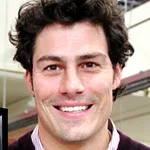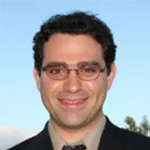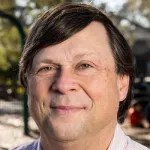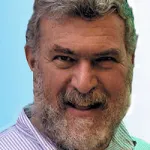
Graphic by Sergey Nivens, Shutterstock.
Stanford Medicine News Center - October 20th, 2015
The Stanford Cardiovascular Institute has awarded seed grants to eight research projects led by faculty members and young investigators to help improve both diagnosis and treatment of cardiovascular disease.
The recipients were chosen from 43 applications. They share a total of $200,000 in grants from the institute and the Stanford Child Health Research Institute, which funded two of the projects.
The projects were funded for their potential to create new, fundamental knowledge and to translate cardiovascular research from the laboratory to the patient. Following are the grant recipients and their projects:
- Anitra Romfh, MD, clinical assistant professor of pediatric cardiology, and Manish Butte, MD, PhD, assistant professor of pediatric immunology, for “T-cell deficiencies in adult congenital heart disease.”
- Ronald Dalman, MD, the Dr. Walter C. Chidester Professor of Surgery and professor of vascular surgery, for “Regulation of abdominal aortic aneurysm pathogenesis by hypoxia-inducible factors.”
- David Camarillo, PhD, assistant professor of bioengineering, and Paul Wang, MD, professor of cardiovascular medicine, for “Autonomous ablation treatment of cardiac arrhythmia using robotic catheters.”
- Kenneth Mahaffey, MD, professor of cardiovascular medicine; Francois Haddad, MD, clinical assistant professor of cardiovascular medicine; Holden Maecker, PhD, associate professor of microbiology and immunology; and Mark Davis, PhD, the Burt and Marion Avery Family Professor and professor of microbiology and immunology, for “Defining the role of immune biomarkers in non-ST elevation myocardial infarction: Analysis from TRACER trial biorepository.”
- Evgenios Neofytou, MD, an instructor at the cardiovascular institute, and David Stevens, PhD, professor emeritus of medicine, for “Modeling chronic chagasic cardiomyopathy disease mechanisms using human induced pluripotent stem cells.”
- Philip Tsao, PhD, professor of cardiovascular medicine, for “MicroRNA regulation of blood-brain barrier function and hypoperfusion-induced cerebrovascular disease.”
- Sanjay Malhotra, PhD, associate professor of radiation oncology, and Nazish Sayed, MD, PhD, instructor of cardiovascular medicine, for “Stem-cell-based mechanistic study of FDA-approved drugs for repurposing of their drug actions.”
- Joseph Woo, MD, the Norman E. Shumway Professorship in Cardiovascular Surgery and professor of cardiothoracic surgery, and Amanda Steele, a PhD student, for “A pilot study for an engineered HGF fragment for the treatment of myocardial infarction in a preclinical ovine model.”








